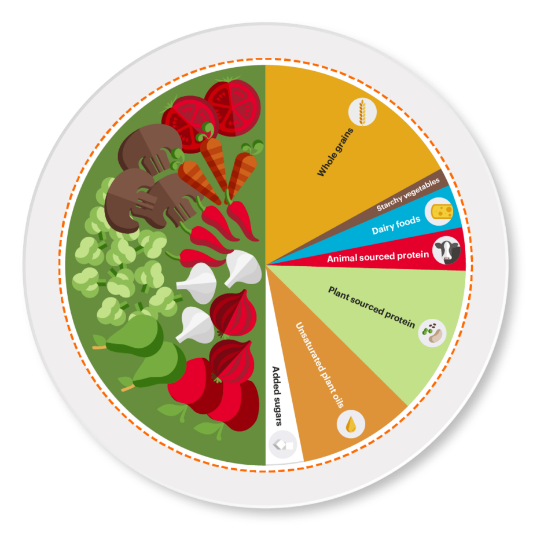Ozempic and Fat Futurity

A year ago, I first came across the term “Ozempic Face” in various social media posts and celebrity reporting. The Ozempic Face is, so the complaint, recognizable by sagging facial skin and other signs of ageing – effects of the weight loss caused by the intake of the drug. Semaglutide, sold under the brand name Ozempic, is a drug that lowers blood sugar levels and was initially meant to treat type 2 diabetes, but is now also used for weight loss. Ozempic particularly gained prominence in 2023, when more and more celebrities were rumored to have lost a conspicuous amount of weight in a short period of time – with resulting shortages in supply left people with diabetes struggling to get access. The Ozempic Face is a…



